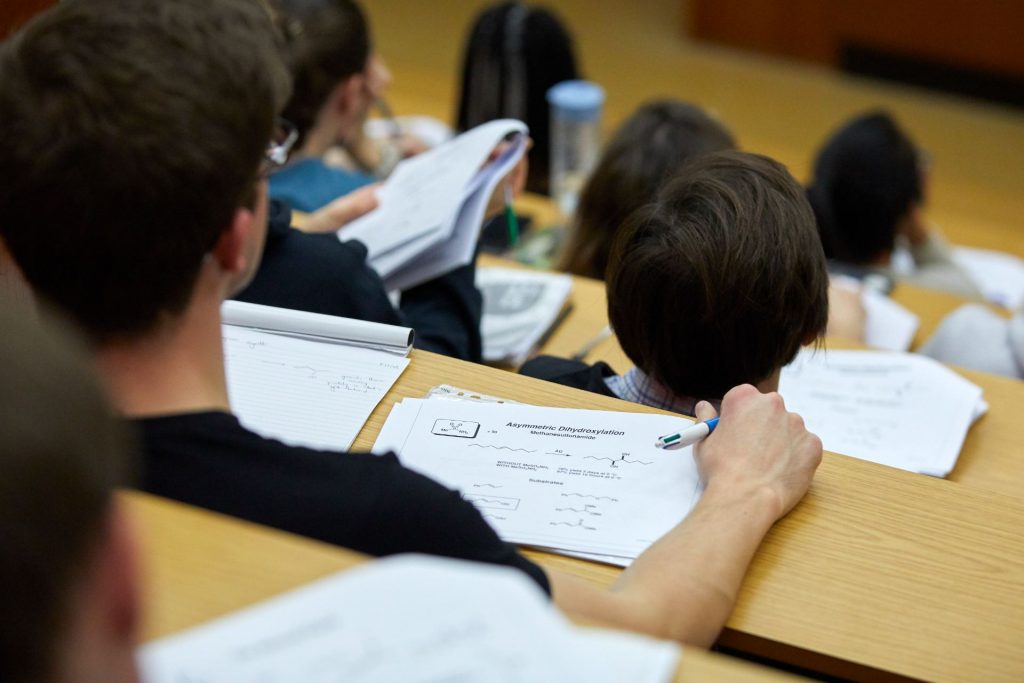 by Emma Ford, Bristol Futures Advocate
by Emma Ford, Bristol Futures Advocate
I am very excited to introduce you to your new Health Science Bristol Futures Student Advocates! We are a small group of six, very friendly, current University of Bristol students. This year we hope to share our years of experience with you. You can participate by signing up for our workshops, attending our peer support sessions, and reading our blog. So, watch this space!
Carys James
- Year and course: Veterinary Science – 4th year
- Fun fact: I have a pet African pygmy hedgehog
- Study tip: Make sure you go back over lectures throughout the whole course of the year instead of leaving it until a few weeks before exams to cover all of the content. This will keep your memory refreshed and improve it long term.
Sina Gilannejad
- Year and course: Dentistry – 5th year
- Fun fact: In first year I featured in the dental school’s YouTube video “a day in the life of a Bristol dental student” and now 33,000 have seen my terrible haircut at the time…
- Study tip: Ask for help and advice from the older years! They’ve been in your position, got the grades to prove it and can give you pointers on how to pass with flying colours!
Molly Jackson
- Year and course: 2nd year PhD student – translational health sciences
- Fun fact: I sold a necklace to the comedian Jon Richardson when I had a job at a jewellery shop.
- Study tip: Split down your revision into 5 steps to help manage your workload: record, reduce, recite, reflect, and review!
Chelsie Bailey
- Year and course: final year vet.
- Fun fact: I have a first degree in animal behaviour and welfare from Bristol.
- Study tip: Study over longer period (e.g., months) instead of cramming lots into a few weeks to allow my very dyslexic brain to have time to process it and understand.
Jess Mounty
- Year and course: 4th year Veterinary Science
- Fun fact: Before starting at Bristol, I studied Zoology at UCL
- Study tip: I have found it helpful to treat University like a full-time job, sticking to 9am-5pm working hours
Emma Ford
- Year and course: 4th year veterinary science
- Fun fact: No one can ever guess where I am from because my accent is quite uncharacteristic from growing up in international schools.
- Study tip: Make your own questions when going over your notes! It helps your brain work, and the better you get at it, the more your questions will start to resemble the ones you could get on your exams! It’s especially helpful if you can get other students involved so you make a database of questions! It’s a great resource to build over the course of the year so when you get to exams you have a lot of questions to practice!
You can find current drop-in times & locations for Health Science students on our Peer Support page on Blackboard.

